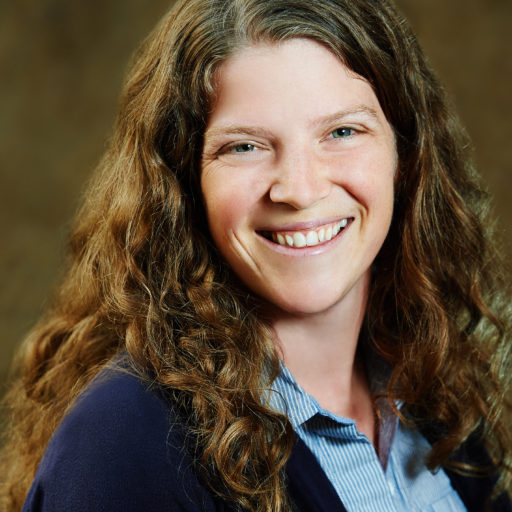What does it mean to be a journal?
Kaleidoscope: Educator Voices and Perspectives is a journal that shares stories by teachers for teachers. But what does the term journal imply? We’ve been pondering that question a lot recently—wondering about the ways that the word may unintentionally and intentionally put up barriers to engaging more people in sharing stories and in reading the stories we have.
Kaleidoscope was initially envisioned as a sandbox for Knowles Fellows to practice writing in the discipline of academic research, to give them practice and an outlet to add their voices to the academe of education. Our early issues were full of incredible stories from teachers about the work of teaching, written overwhelmingly in academic language, mimicking the acceptable style of communication in academia. We also established a robust peer-review process, the hallmark of validity in academia. We were operating under an unspoken assumption that professional writing was academic writing. But as you, our readers, know, we have leaned into first-person writing, with more expressive and what some might describe as informal language.
But we know of course that the knowledge that teachers have about teaching is unique and distinct from the knowledge that academic researchers have about teaching. Should we be trying to insert our voices into the dialogue of academia? What about all the knowledge we have that is too big to fit there? What about the ways that white supremacy culture systematically silences non-white voices in the academy? Does using the term journal cast a valence of whiteness over the whole endeavor? Do the very processes that we were trying to replicate to give validity to our teacher-voices actually censor and exclude?
We want to showcase and share the knowledge teachers have of practice and we want to do that inclusively. We’ve been trying to self-assess and shine light on whether and how our practices exclude or silence diverse perspectives. We’ve broadened our scope—we write in the narrative style, centered on ourselves as the protagonist in our own stories (thank you Diane Wood for this wonderful phrase), while drawing on our knowledge of practice. When we write in this way, it is more akin to journaling, rather than writing for an academic journal. We’ve also crafted a peer-review process that feels very different from the peer-review process for other journals: we center the author’s voice and give them the option of rejecting our suggestions for revision.
So what do we call this “product” that we send into the world? This collection of perspectives that only teachers hold? If we were to cast off this term, what would take its place? And what else might we need to cast off to welcome and affirm the full range of teachers’ experiences? We invite you to get in touch with us at kaleidoscope@knowlesteachers.org if you are interested in being a thinking partner as the staff explores these questions.
Becky Van Tassell, a Knowles Senior Fellow, is a former biology and environmental science teacher who is currently an Education Program Leader at the Cary Institute of Ecosystems Studies in Millbrook, NY. Reach Becky at rebecca.vantassell@knowlesteachers.org.




